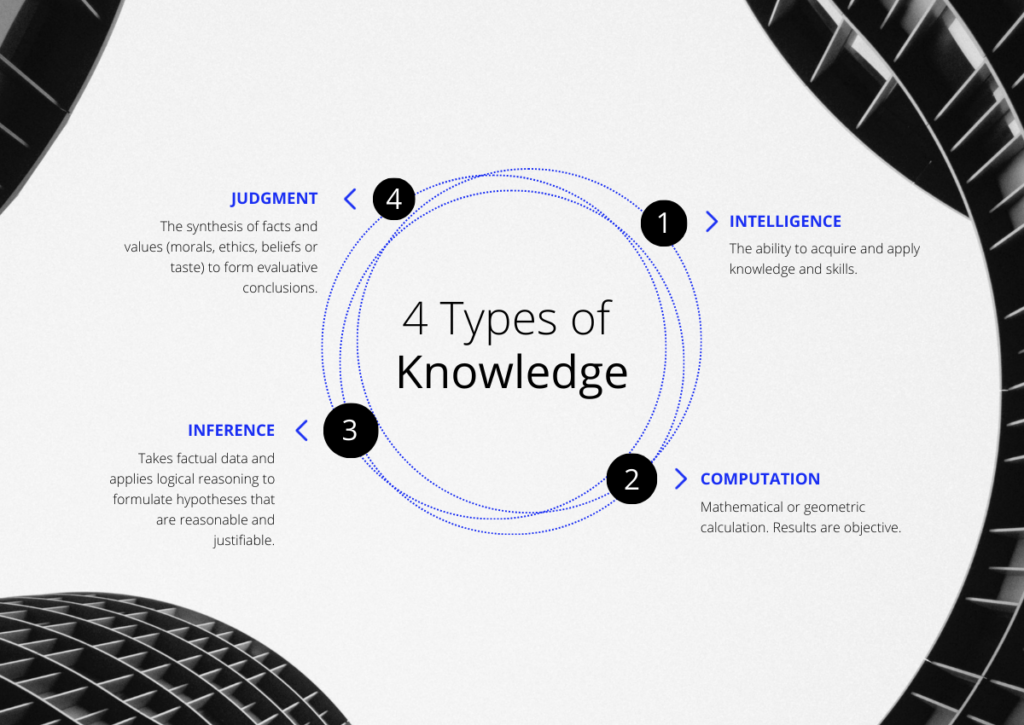I posted on LinkedIn recently about the $2MM pre-seed funding round that Knownwell recently closed. The press release announcing the funding round refers to Knownwell as an AIaaS platform company, and I received a few comments on the LinkedIn post from people who said it was the first time they’d heard the term “AIaaS.”
Since everything and everyone in this space is moving at lightning speed, I thought it would make sense to write a post defining what we mean when we talk about AI as a Service.
High-Level Definition
At its core, AIaaS is a business model whereby companies procure inferred judgment and conclusions through a subscription to an AI platform.
AIaaS vs. SaaS
Software as a Service (SaaS) has been around long enough that most people have a clear picture in their heads of what it means. Your company’s annual subscriptions to services like Salesforce, Slack, Microsoft 365, Adobe, Google Workspace, Hubspot, etc. are all well-known examples of SaaS platforms and solutions.
So what’s the difference between AIaaS and SaaS? AIaaS platforms are specialized SaaS platforms. They combine traditional cloud-based data access and automation with proprietary data models to deliver intelligence, which we define as the ability to acquire and apply knowledge and skills. AIaaS platforms are procured through a pay-as-a-you-go pricing model, similar to how Amazon Web Services provides on-demand cloud hosting.
AIaaS platforms differ from traditional SaaS platforms in that:
- AIaaS platforms leverage artificial intelligence to deliver conclusions derived from probabilistic inference and judgment rather than delivering data and insights from deterministic memory and computation. I’ll delve more into inference, judgment, and computation—and why they’re important in this context—in the next section.
- AIaaS platforms deploy an intelligent user experience, integrating into and providing value within the user’s preexisting systems and processes as opposed to providing a new and exclusive interface.
- AIaaS platforms rely heavily on natural language and advanced intelligence in order to consume, normalize, produce and make sense of information, as opposed to relying on data engineering and complex integration to make sense of the world.
Knowledge Concepts
To truly understand Artificial Intelligence and AIaaS, a general understanding of critical thinking and the various types of knowledge serves as an important baseline.
- Intelligence: the ability to acquire and apply knowledge and skills.
- Computation: the process of mathematical or geometric calculation. Given factual data, the results of a computation are always factual. The results of computation are objective statements that can be observed as fact.
- Inference: the art of rational deduction. Inference takes factual data and applies logical reasoning to formulate hypotheses that are reasonable and justifiable. Unlike computation, inference is dynamic, adapting to new information and perspectives to refine its conclusions.
- Judgment: the synthesis of facts and values (morals, ethics, beliefs or taste) to form evaluative conclusions. The results of judgment are subjective statements that rest upon both analysis with contextual understanding and implied values or beliefs.
A simple example:
Computation: Susan ate 3 boxes of cereal over the course of a weekend.
Inference: Susan likes to eat cereal.
Judgment: Susan ate too much cereal.
A business example:
Computation: An accounting system calculates quarterly EBITDA based on sales and expense data.
Inference: An AI system analyzes patterns in sales data, customer churn, and employee turnover to forecast the EBITDA for the upcoming quarter and identify areas where it can be improved.
Judgment: Building upon the inferences, the AI system evaluates the ethical implications of various business strategies, aligning them with the company’s values and pre-existing commitments to employees, stakeholders, and investors.

AIaaS In Context
Given their ability to acquire and apply knowledge in advanced ways, AIaaS Platforms solve ambiguous and complex problems that SaaS platforms have traditionally been unable to solve, have solved in a rudimentary and deterministic fashion, or have required untold amounts of labor to ensure that all data is meticulously entered, updated, and maintained.
| Concept | AIaaS | SaaS |
| Class of Solution |
Probabilistic Largely Proactive |
Deterministic Largely Reactive |
| Knowledge Work |
Inference Judgment |
Memory (Data Input & Retrieval) Computation |
| Decision Making | Agency | Automation |
| Types of Issues |
Problems Problem Sets (Series of Problems) |
Puzzles Workflows (Series of Puzzles) |
| Completeness of Information |
Ambiguity Incomplete Information |
Certainty Complete Information |
What the Future of AIaaS Holds for Companies
What’re the big takeaways here for companies like yours? We envision a future where AIaaS platforms like the one we’re building Knownwell Client Intelligence on will help you manage your business far more effectively and intuitively than the most popular SaaS platforms that exist today.
The Intelligent Enterprise Operating System we’re building will be able to plug into your company’s existing data and information flows and automatically discern the highest leverage activities you can take to drive customer satisfaction and client retention. You’ll be able to spend far less time and energy ensuring the data you feed into your SaaS platforms is perfect and far more time performing work that truly requires human ingenuity and creativity.


